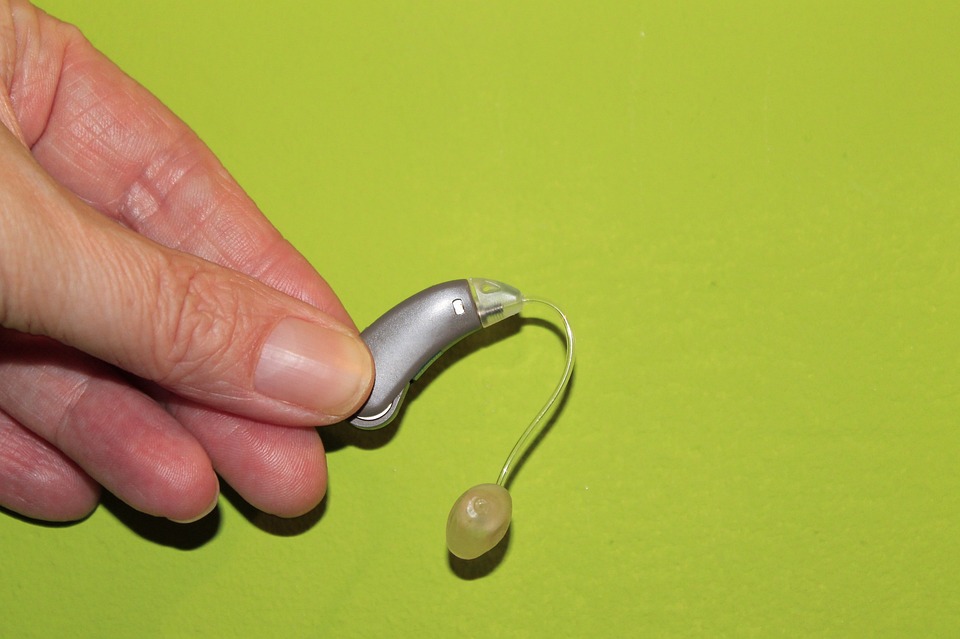Hearing loss is a common condition, especially as people age, but it is not always a straightforward issue. Sometimes, hearing difficulties can be symptoms of deeper, more complex health concerns. This is where the role of an audiologist becomes crucial. An audiologist doesn’t just assess and treat hearing loss; they often uncover underlying conditions that might otherwise go unnoticed. By understanding what an audiologist can reveal beyond basic hearing problems, you can take proactive steps to ensure better overall health and well-being.
Identifying the True Cause of Hearing Loss
Hearing loss can stem from various underlying causes, making it essential to seek professional help for accurate diagnosis and treatment. Many people attribute their hearing difficulties to aging or prolonged exposure to loud noises, but conditions such as diabetes, autoimmune disorders, or even ear infections may also contribute to the issue. During audiology consultations, audiologists utilize specialized assessments to identify patterns of hearing loss and uncover potential medical conditions. By understanding the true cause of hearing impairment, patients can receive appropriate referrals and tailored treatment plans, addressing not just the symptoms of hearing loss but also the underlying health concerns that may otherwise go unnoticed.
Detecting Ear Infections and Blockages
Many people experiencing hearing difficulties may be suffering from ear infections or blockages, such as a buildup of earwax or fluid behind the eardrum. An audiologist can differentiate between these temporary causes of hearing loss and more permanent conditions. This is important because untreated ear infections can lead to more severe problems, including permanent hearing damage.

Through the use of specialized tools and techniques, audiologists can remove blockages and treat infections, restoring hearing in many cases. This highlights the importance of seeing an audiologist when experiencing hearing difficulties rather than assuming that hearing loss is permanent or irreversible.
Uncovering Balance Disorders
The inner ear is not only responsible for hearing but also plays a crucial role in maintaining balance. Audiologists are often able to identify balance disorders during hearing evaluations. Conditions such as vertigo, Meniere’s disease, or benign paroxysmal positional vertigo (BPPV) may be linked to issues within the inner ear. Audiologists can conduct tests to determine if balance problems are caused by vestibular issues, which relate to the inner ear.
Patients who experience dizziness, unsteadiness, or frequent falls might be surprised to learn that these symptoms are related to ear health. Once identified, audiologists can provide or recommend therapies to help alleviate these balance issues, which significantly improve a patient’s quality of life.
Recognizing Tinnitus and Its Underlying Causes
Tinnitus, or the perception of ringing, buzzing, or other noises in the ears, is another condition that audiologists often evaluate. While tinnitus is commonly associated with hearing loss, it can also be a sign of other underlying conditions, such as high blood pressure, head injuries, or even certain medications. Audiologists play a critical role in determining the cause of tinnitus and providing appropriate treatment options.
In some cases, tinnitus can be managed through sound therapy, hearing aids, or changes in lifestyle habits. More importantly, by addressing the root cause, whether it’s cardiovascular issues or medication side effects, audiologists help patients reduce or eliminate the discomfort associated with tinnitus.
Spotting Cognitive Decline
There is growing evidence of a link between hearing loss and cognitive decline. Studies have shown that untreated hearing loss can increase the risk of dementia and other cognitive disorders. Audiologists are increasingly attuned to this connection and are often among the first healthcare professionals to spot signs of cognitive decline in their patients.

By recommending early interventions, such as hearing aids, and collaborating with neurologists or other specialists, audiologists can help slow the progression of cognitive decline. Early detection of both hearing loss and cognitive issues allows patients to take preventive measures, improving their long-term health outcomes. If wearing a hearing aid is advised, individuals can explore hearing aids for sale online to find a wide range of options suited to their needs and preferences.
Evaluating the Impact of Medications on Hearing
Certain medications, known as ototoxic drugs, can cause hearing loss as a side effect. Audiologists are trained to recognize the signs of ototoxicity and may ask patients about their medication history during evaluations. Common medications that can affect hearing include certain antibiotics, chemotherapy drugs, and even over-the-counter pain relievers in high doses.
If an audiologist suspects that a patient’s hearing loss is linked to medication use, they will often collaborate with the patient’s primary care physician or specialist to adjust the treatment plan. In some cases, stopping or switching medications can prevent further hearing damage.
Offering Holistic Health Insights
Audiologists are not only concerned with hearing but also take a holistic view of a patient’s overall health. They often inquire about lifestyle factors, such as diet, exercise, and stress levels, all of which can influence ear health. For example, high-stress levels can exacerbate tinnitus, and poor circulation related to a sedentary lifestyle can contribute to hearing loss.
By guiding how to maintain overall ear and hearing health, audiologists empower patients to make changes that can improve their quality of life. They may recommend dietary changes, physical therapy, or other interventions that extend beyond traditional hearing treatments.
Hearing loss is often the first symptom that brings patients to an audiologist, but these professionals have the skills and knowledge to uncover a wide range of health issues that extend far beyond the ears. From diagnosing medical conditions like diabetes and balance disorders to detecting cognitive decline and medication side effects, audiologists play a crucial role in a patient’s overall health care. By regularly visiting an audiologist, individuals not only improve their hearing but also take proactive steps toward better holistic health.
